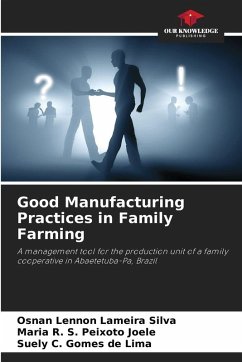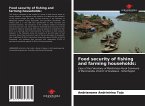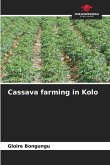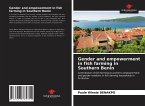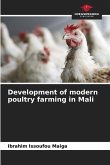As an alternative for the development of rural communities of family farmers, several agri-food enterprises have emerged, whose main objective is to add value to raw materials from the countryside through processing. However, due to a lack of effective public policies, technical assistance, and low levels of education among farmers regarding proper processing techniques and minimum conditions for food production, these manufacturing units do not meet the hygiene and sanitary standards established by Brazilian law and produce products of low microbiological quality, thus posing a risk to consumer health. This work presents a case study of a family production unit in Abaetetuba in the state of Pará, showing how a program of good manufacturing practices can be developed and implemented in solidarity-based economic enterprises, promoting rural development and improvements in the quality of the final product.
Bitte wählen Sie Ihr Anliegen aus.
Rechnungen
Retourenschein anfordern
Bestellstatus
Storno

